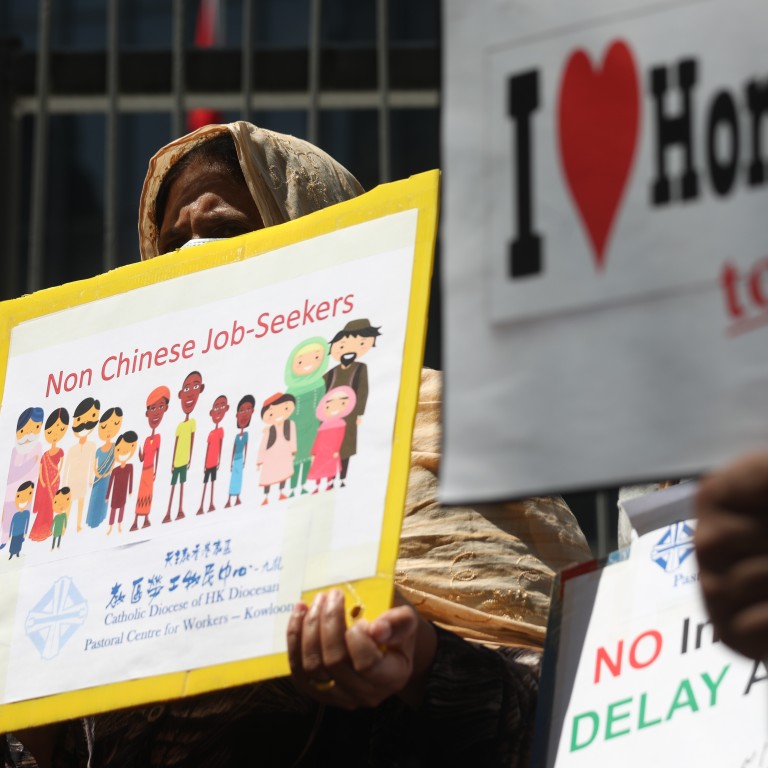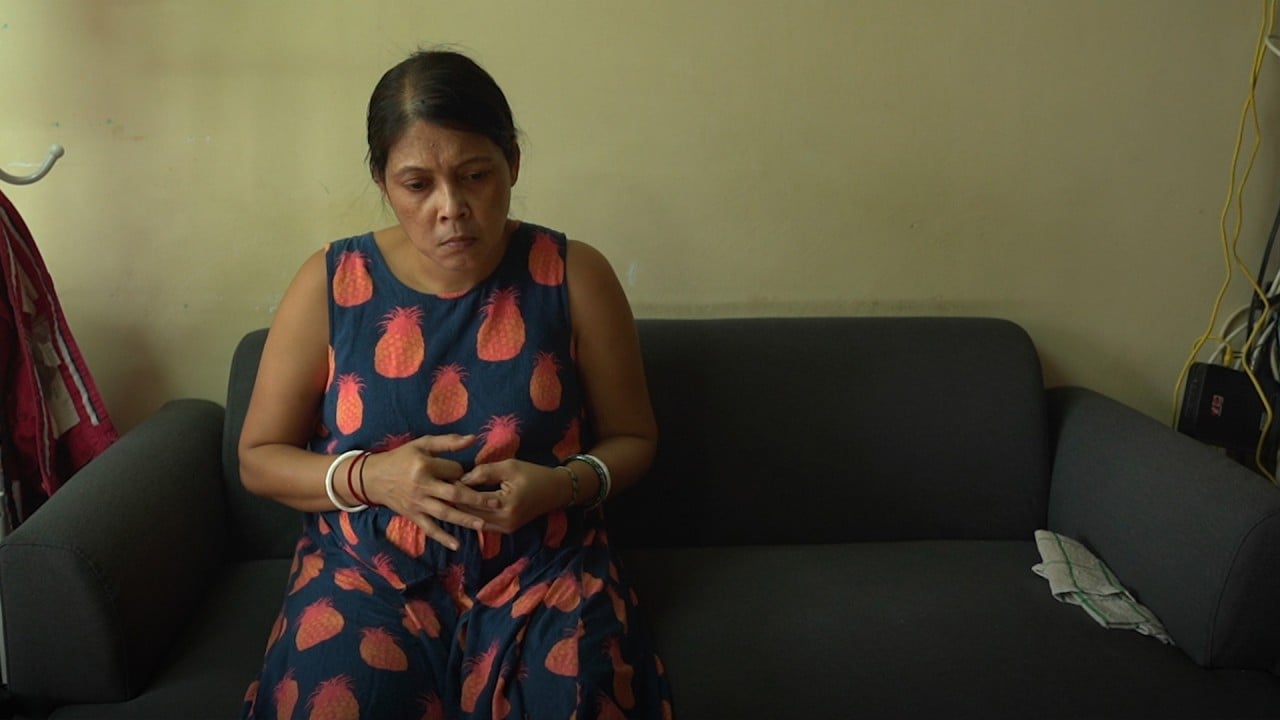
Letters | Hong Kong wage freeze would push ethnic minority workers deeper into poverty
- Lower education levels and poor Chinese-language skills already make it hard for ethnic minority workers to make ends meet. A wage freeze would be a heavy blow
October 17 was United Nations International Day for the Eradication of Poverty, a day to remind all to come together to respect the human rights and dignity of people living in poverty. Yet, in Hong Kong, it slipped by silently, without a word of mention or news reporting.
It is very likely that there will be no pay adjustment, and the statutory minimum wage will remain at HK$37.50 for another two years starting May 2021. Hong Kong Unison is concerned about the freezing of the statutory minimum wage, as it will have a disproportionate impact on the city’s ethnic minority communities.

04:06
Hong Kong’s ethnic minority groups struggle as city battles Covid-19 and recession
According to the “Hong Kong Poverty Situation Report on Ethnic Minorities 2016”, even after policy intervention, the proportion of South Asian working poor was a startling 19 per cent, compared to the 8 per cent overall poverty rate; and the situation has not improved significantly in recent years.
If the minimum wage remains stagnant and workers’ incomes cannot keep up with inflation, the livelihood conditions of low-income ethnic minorities will worsen. Such a move cannot help alleviate poverty, let alone eradicate the problem.

03:05
What's it like for Hong Kong ethnic minority students to take DSE, the city's university entrance exams?
To many from the ethnic minorities, the minimum wage is just a drop in the bucket for survival needs, far from sufficient for living with dignity. The government should delay no more to improve education policies for ethnic minorities and seriously consider the negative repercussions of freezing the statutory minimum wage for the most vulnerable in the society.
Phyllis Cheung, executive director, Hong Kong Unison

